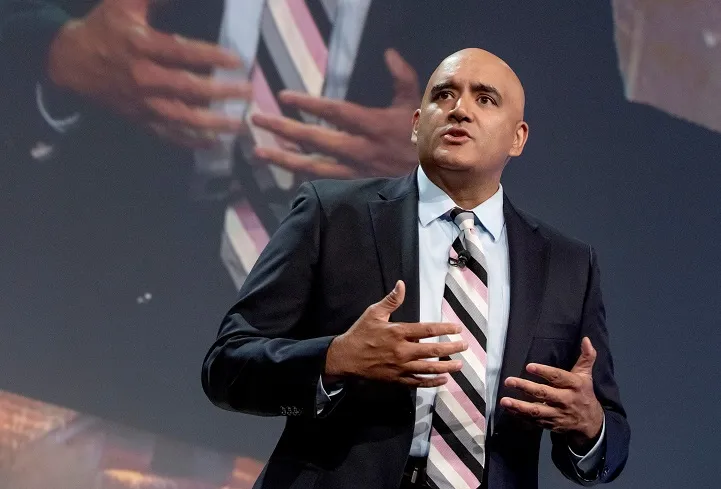Visiting Melbourne and Sydney, Australia, to promote private sector investment in US infrastructure US Transportation Secretary Anthony Foxx has signed a new agreement with Australian Minister of Transport and Infrastructure Darren Chester that will strengthen collaboration on infrastructure investment strategies between the two countries.
It will also advance collaboration on public-private partnerships, intelligent transportation systems and unmanned aircraft systems.
One of the key areas of coope
August 5, 2016
Read time: 2 mins
Visiting Melbourne and Sydney, Australia, to promote private sector investment in US infrastructure US Transportation Secretary Anthony Foxx has signed a new agreement with Australian Minister of Transport and Infrastructure Darren Chester that will strengthen collaboration on infrastructure investment strategies between the two countries.
It will also advance collaboration on public-private partnerships, intelligent transportation systems and unmanned aircraft systems.
One of the key areas of cooperation identified in the new agreement is the development of public-private partnerships (P3s) to advance critical infrastructure projects. Australia is a recognized leader in employing P3s to support a wide array of infrastructure projects, allowing smaller government investments to leverage much larger amounts of private capital to support the construction of roads, bridges, transit systems and more.
This week, Foxx is meeting with Australian transportation officials at the federal and state levels, as well as key private sector leaders, to learn more about Australia's experience with P3s and to identify strategies that could foster the growth of successful P3s in the US.
It will also advance collaboration on public-private partnerships, intelligent transportation systems and unmanned aircraft systems.
One of the key areas of cooperation identified in the new agreement is the development of public-private partnerships (P3s) to advance critical infrastructure projects. Australia is a recognized leader in employing P3s to support a wide array of infrastructure projects, allowing smaller government investments to leverage much larger amounts of private capital to support the construction of roads, bridges, transit systems and more.
This week, Foxx is meeting with Australian transportation officials at the federal and state levels, as well as key private sector leaders, to learn more about Australia's experience with P3s and to identify strategies that could foster the growth of successful P3s in the US.









